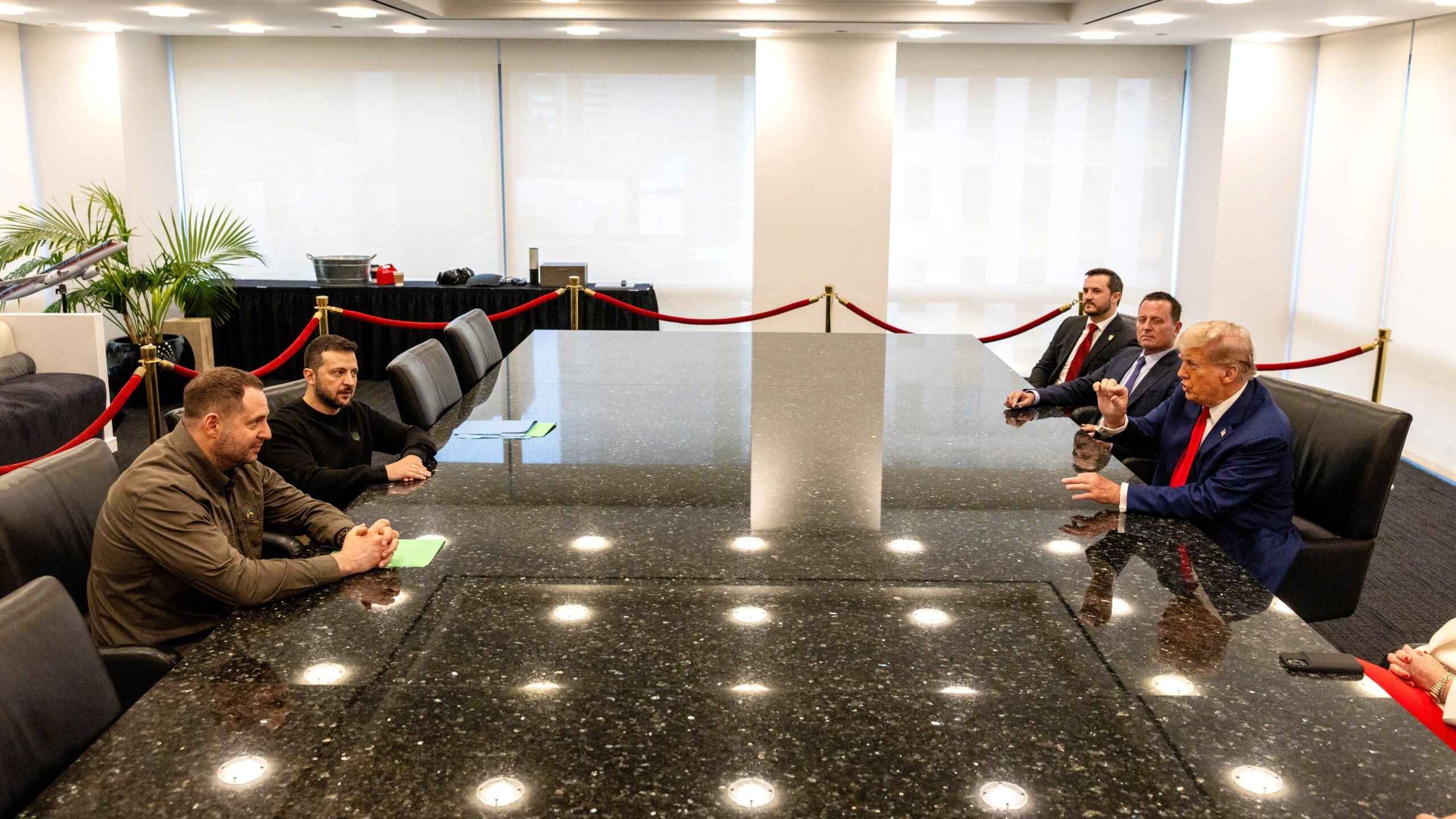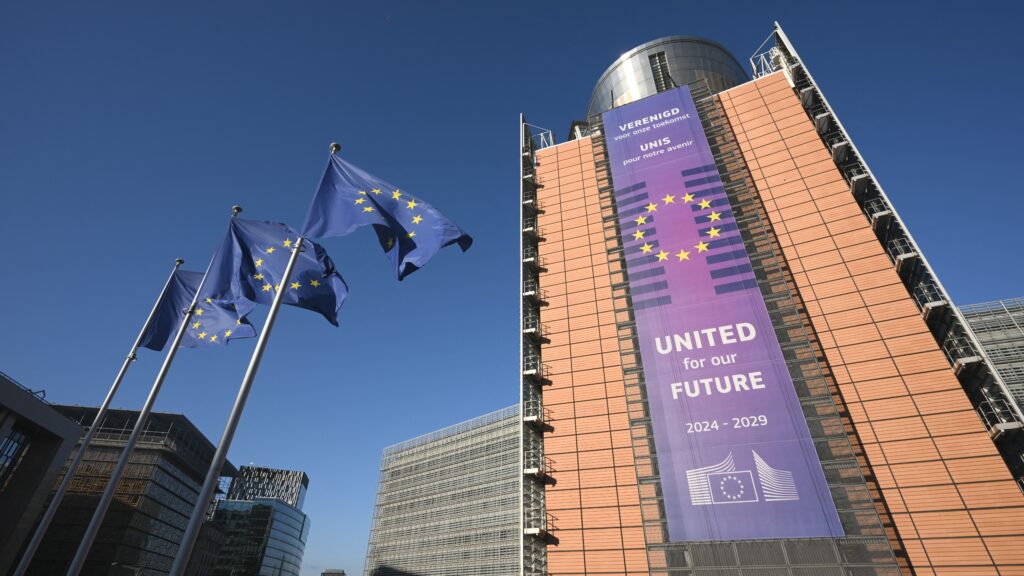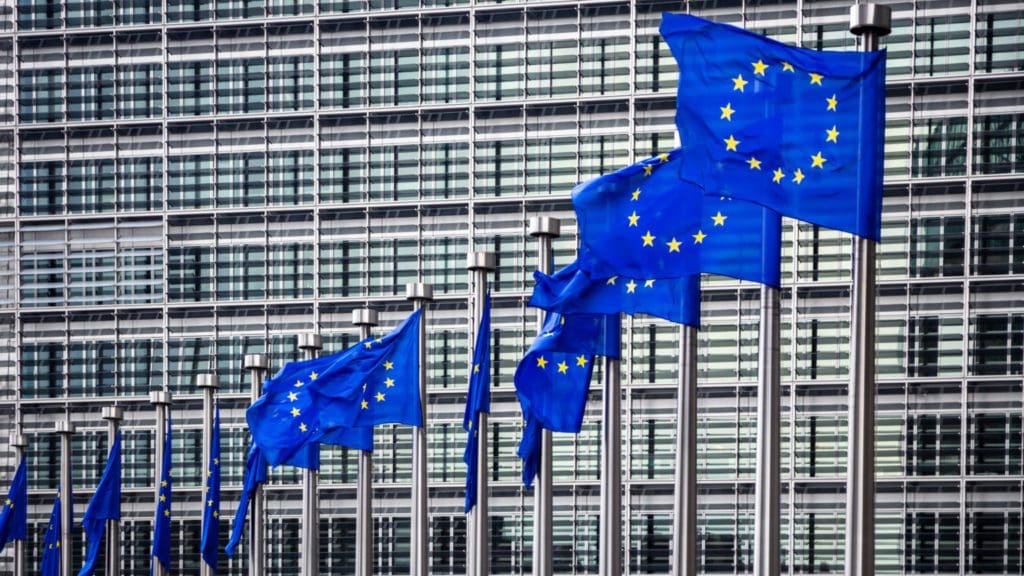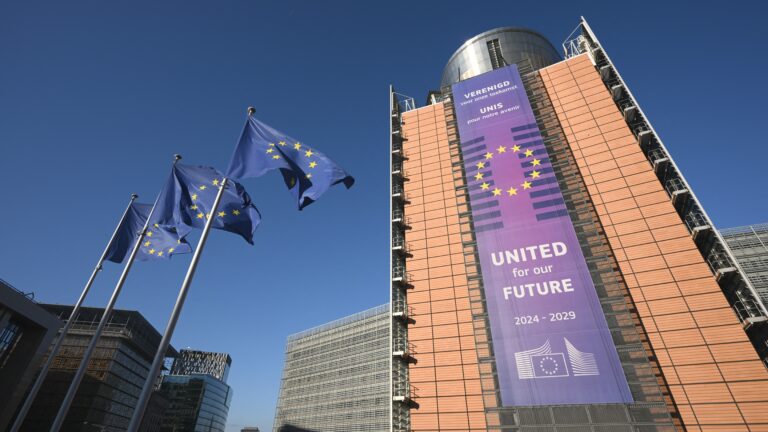In what has been the most scrutinized presidential election in United States history, to say nothing of what has also been the greatest political comeback since Richard Nixon in 1968, Americans re-elected Donald Trump to a second term in office as their 47th Chief Executive. He is only the second president to serve two non-consecutive terms—the other was Grover Cleveland, who was in office from 1885–1889 and then from 1893–1897.
There are, aside the domestic problems left by the Biden–Harris administration, foreign policy challenges to overcome, which brings us to the $64,000 dollar question: Can President Trump contain the ‘Blob’?
What Is the Blob?
The Blob, an epithet for the official mind of U.S. foreign policy, was coined in 2016 by Benjamin J. Rhodes, who served as Deputy National Security Adviser for President Barack Obama. It is altogether different from what Steve Bannon and conspiracists refer to as the ‘Deep state’, which implies an undemocratic or an extra-constitutional parallel government to the duly elected one. It is also distinct from what outgoing President Dwight D. Eisenhower characterized in 1960 as the ‘Military-industrial complex’, which refers to a material interest in war.
The Blob is principally composed of diplomats, government officials, think tankers, scholars, and journalists; who, regardless of political affiliation and disagreements among themselves, share an underlying worldview and a commitment to American primacy in the world. Its point of departure is that the U.S. is an abnormal country, that is, better than any other country. In its messianic belief, the Blob sees itself as a redemptive force, and thus the U.S. must maintain an active involvement in global affairs, otherwise the Old World would descend into chaos. As then U.S. Secretary of State Madeleine Albright said:
‘It is the threat of the use of force [against Iraq] and our line-up there that is going to put force behind the diplomacy. But if we have to use force, it is because we are America; we are the indispensable nation. We stand tall and we see further than other countries into the future, and we see the danger here to all of us.’
This foreign policy philosophy was epitomized after World War II when America became the international night watchman against an advancing Soviet aggression. U.S. military intervention in foreign conflicts thus became vital to safeguarding American interests.
The Blob’s Cataclysmic Results
While the Blob initially tended to do more good than harm, as with the Marshall Plan and the presence of U.S. troops in the then West Germany, it eventually did more harm than good when the U.S. became the sole superpower of the world in the post-Soviet period. We can see this for example in 1993 with President Bill Clinton’s flawed invasion of Somalia or the failure of the U.S.–NATO intervention in Bosnia in 1995 to halt the genocidal killings there. The Blob was also responsible for the policy of occupation of both Afghanistan and Iraq, as well as when the U.S. took an active part in the ousting and assassination of Libya’s strongman Colonel Muammar Qaddafi in 2011. Yet the Blob had a fatal blow with the botched up and embarrassing Afghan withdrawal in 2021. As Professor Vali R. Nasr at the Johns Hopkins School of Advanced International Studies said:
‘Coming out of Afghanistan was a rebuke to, or the swan song of, the neoconservative approach, which had its heyday during the Iraq war. After the first Iraq war, the United States developed a sense that [it] could basically engage in war, and help shape outcomes internationally, at little or no cost.’
When Donald Trump assumed office in 2017, like his predecessor President Obama, Washington sought to fight the Blob by disengaging from the Middle East. He thus negotiated with the Islamic Emirate of Afghanistan, infamously known as the Taliban, to ensure U.S. withdrawal from the country, even though American troops had been sent there in the first place in 2001 to depose them from power. Then came along President Joe Biden, who had initially followed his predecessor’s isolationist policy, or at least a less military interventionist approach to the rest of the world until he began to push for further NATO expansion eastwards, which provoked Russian President Vladimir Putin to invade Ukraine.
‘The Blob elite, in their hawkish majestic tautology, are once more establishing unrealistic and dangerous policies’
The now nearly three-year-long war in Ukraine has not only allowed the Washington mandarins to forcefully re-establish themselves, but it has given them the justification to counteract non-interventionists who stress the importance of prudence and caution. The Blob elite, in their hawkish majestic tautology, are once more establishing unrealistic and dangerous policies, arguing that the Russian Federation, for example, is an inevitable threat to the U.S. and its allies and must be forcibly dealt with. In reality, the Russians are not an existential threat to the U.S. or Europe anymore that Hamas, Hezbollah, or Iran are to Israel. Not only are the Russians hindered in the eastern oblasts of Ukraine, they know it would be suicidal to attack any NATO country.
In a 2020 Foreign Affairs article titled ‘In Defense of the Blob: America’s Foreign Policy Establishment Is the Solution, Not the Problem’, authors Hal Brands, Peter Feaver, and William Inboden sought to dismiss the then President Trump’s and fellow Republicans’ accusation that the mainstream foreign policy and national security professionals are a ‘failed Washington elite looking to hold onto their power’. Trump and other like-minded Republicans contended, and still do, that U.S. foreign policy is controlled by a privileged cabal bent on serving its own interests rather than those of the nation at large.
It is not so much members of the Blob influencing American foreign policy for their own personal gain that has yielded catastrophic results but rather the hubris of spreading illiberal democracy after the collapse of the Soviet Union. The Orange Revolution, sparked by this elite under the bogus notion to reshape Ukraine into a liberal democracy, is just one inept demonstration of this. This, of course, does not dispel corruption. Saying that the U.S. must intervene in the affairs of other nations in order to, as President Woodrow Wilson rightfully said: ‘Make the world safe for democracy,’ is not just an exploitation of what he had said but hogwash.
President Trump had already failed to contain the Blob when, for example, he sought better relations with Russia and North Korea. Perhaps had he had a serious and viable plan to pursue these goals, like the Nixon administration had done when it opened relations with China, he could have been successful. So, to get back to the $64,000 question, can President Trump contain the Blob? It depends on whether he can maintain some sort of consistency in his administration, i.e., choosing and keeping the right personnel, as well as on the support and prayers of the American people.
Related articles:







